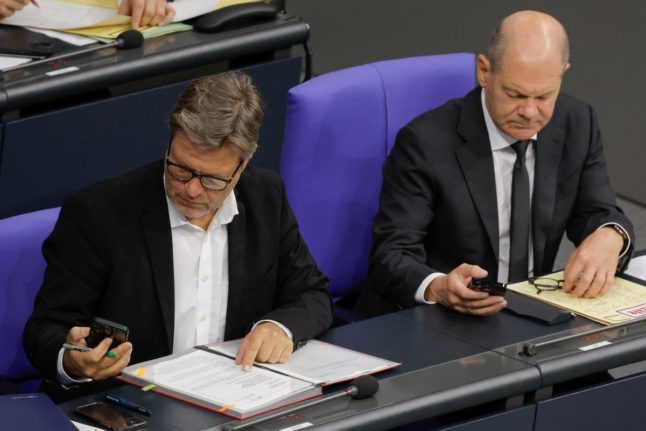Millions of Euros worth of bonuses were to paid to Deutsche Bahn’s board of directors after the company’s now-delayed stock listing.
The discovery that a top Transport Ministry official approved the bonuses for the state-owned company, but neglected to inform Tiefensee, a member of the Social Democrats (SPD), about the payments, has enraged German politicians.
“It is time for him to take responsibility for the serious mistakes made by his ministry,” said Johann Wadephul, the head of the Christian Democrat’s fraction in Schleswig-Holstein on Saturday.
Politicians from the opposition parties had already called for Tiefensee’s ouster, but with CDU members, the SPD’s coalition partner, joining in, Tiefensee’s future appears to getting dimmer.
In Saturday’s Bild newspaper, Tiefensee tried to calm his critics and called on Bahn chairman Hartmut Mehdorn to kill the bonus plan.
“Give up the bonus. An amicable agreement is always the best solution,” Tiefensee told Bild.




 Please whitelist us to continue reading.
Please whitelist us to continue reading.